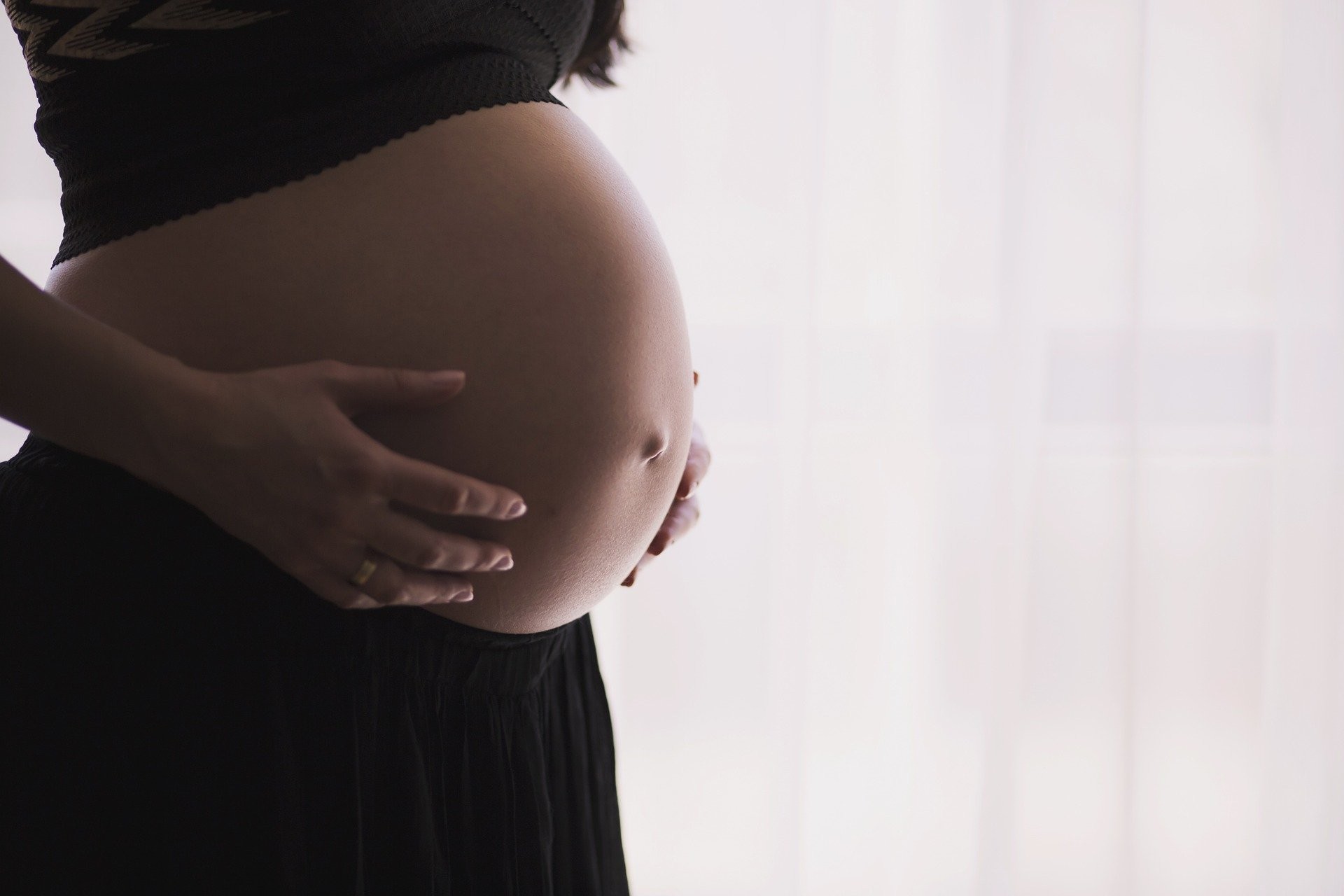

Follow all of PopSci’s COVID-19 coverage here, including tips on cleaning groceries, ways to tell if your symptoms are just allergies, and a tutorial on making your own mask.
Scientists are learning more about how COVID-19 affects pregnant people and the fetuses they carry all the time, but there’s still a lot they aren’t sure of.
“People are working really hard to try to understand the effects of COVID-19 on [expectant mothers and their babies], so I think we will have information soon,” says Sonja Rasmussen, a University of Florida pediatrician and epidemiologist who studies the links between birth defects and disease.
Early on in the COVID-19 pandemic, Rasmussen says, researchers immediately began studying the impact of COVID-19 on expecting parents and their pregnancies. They found that pregnant women, specifically, are more likely than other women in their cohort to have a serious case of COVID-19 if infected, and require ICU care and a ventilator, she says.
In a June study published in the British Medical Journal, UK researchers managed to draw at least some preliminary conclusions about what happens to babies whose mothers were infected with SARS-CoV-2, the virus that causes COVID-19. “They did see a high rate of preterm birth, and they did see a lot of babies having to be admitted to the neonatal unit,” she says.
None of this provides definitive answers, however, and Rasmussen cautions there’s still a lot of research to be done. One of the big questions that hasn’t been conclusively answered is whether or not a pregnant person can become infected with SARS-CoV-2 and pass the virus via the placenta to their fetus before it is born.
Some viruses can travel this way, and cause a host of complications. The authors of a new paper out Friday in The Pediatric Infectious Disease Journal found strong, but inconclusive evidence of one case of this occurring, in a preterm baby girl who tested positive for COVID-19 via a nasal swab when she was two days old. “It’s possible, but it’s really difficult to be sure,” Rasmussen says. It would have been helpful if the researchers had been able to test the amniotic fluid that was inside the womb, or if a blood test had been done right after birth. This would delineate whether the baby was infected with the novel virus during the birth process or afterwards, perhaps while the mother was first holding her baby.
“I think it’s a very valuable study,” says David Schwartz, a pathologist at Augusta University in Georgia who also studies pregnancy and infectious diseases. In his assessment, what the researchers found is “consistent with intrauterine fetal infection,” although he also acknowledges the result is not conclusive. The researchers tested the placenta and found some evidence of SARS-CoV-2 there, which indicates to him that it was most likely transmitted that way.
It is possible that pregnant people can pass SARS-CoV-2 to their offspring via the placenta (another study out in Nature this week also found this likely to be the case). However, Schwartz says, that clearly hasn’t happened in all cases. An urgent question for the medical community to answer is what risk factors make gestational carriers vulnerable to spreading SARS-CoV-2 to the fetuses they carry.
Rasmussen says another pressing question is whether SARS-CoV-2 can infect babies via the placenta early in their development. “We know that virus infections early in pregnancy oftentimes can cause birth defects,” she says. “We don’t have any evidence of that at all [for SARS-CoV-2],” she emphasizes, but it’s not impossible that it’s happening in a small number of cases and it is important to know about. Even if the virus can’t cross the placenta, “you can still have severe effects,” she says: Being born prematurely comes with potential risks.
There are still a lot of unknowns, both in terms of how transmission could occur and how to effectively treat it if it does happen. Both scientists have the same advice for pregnant people: Avoid any potential transmission by isolating as much as possible, wearing a mask, practicing social distancing, and washing your hands. Don’t be afraid to contact your doctor or go to the hospital if necessary, Rasmussen adds: for expectant parents, “hospitals are really doing what they can,” she says.
